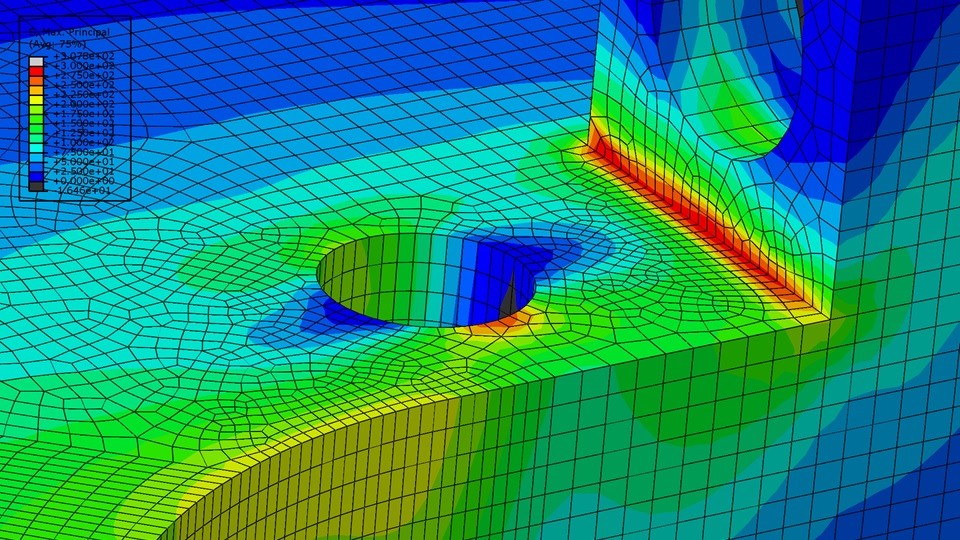UNE 73365 Analysis of Elements in Building Materials
The UNE 73365 standard provides a method for the determination of elements present in building materials. This analysis is crucial for ensuring compliance with international regulations and standards, as well as for quality control purposes.
UNE 73365 specifies the use of Inductively Coupled Plasma Optical Emission Spectrometry (ICP-OES) to determine trace elements in building materials. The method allows for a wide range of element detection from boron up to uranium, with a precision and accuracy suitable for regulatory requirements.
The process involves several steps starting with the preparation of the sample. Depending on the material type, this can include grinding, sieving, or dissolving in appropriate solvents. Once prepared, the samples are introduced into the ICP-OES instrument where they are atomized and excited to emit characteristic wavelengths of light. These emissions are then measured and analyzed by software to determine the concentration of each element.
The standard outlines detailed procedures for sample preparation, calibration, and quality control checks. This ensures that results are accurate and reproducible across different laboratories. The precision limit (PL) for this method is ±0.1% relative standard deviation at a 95% confidence level, which is critical for meeting the stringent requirements of the building materials industry.
UNE 73365 is widely used in various sectors such as construction and architecture where compliance with environmental regulations is essential. It helps manufacturers to ensure that their products meet the necessary standards set by regulatory bodies like the European Commission or national standard organizations.
The method also plays a vital role in research and development, allowing for detailed analysis of new materials and formulations. For quality control purposes, UNE 73365 ensures that manufacturers can monitor compliance with their own internal specifications as well as external regulations.
When using this standard, it is important to note the specific elements targeted by the test, which include but are not limited to aluminum (Al), silicon (Si), calcium (Ca), magnesium (Mg), sodium (Na), potassium (K), iron (Fe), chromium (Cr), manganese (Mn), nickel (Ni), copper (Cu), zinc (Zn), lead (Pb), and others.
The results of the UNE 73365 analysis are typically presented in a detailed report that includes raw data, calculated concentrations, and any relevant comments or recommendations. This information is invaluable for decision-making processes within organizations involved in construction projects.
In summary, UNE 73365 provides an essential service for the chemical testing of elements in building materials. By following this standard, stakeholders can ensure that their products are compliant with international standards and meet both regulatory requirements and internal quality control objectives.
Industry Applications
| Application Area | Description |
|---|---|
| Construction Materials Testing | This application involves the analysis of elements present in various types of construction materials such as concrete, mortar, and plaster. The test helps identify any impurities or excessive concentrations that could affect the durability and performance of these materials. |
| Environmental Compliance | The analysis ensures that building materials used in construction projects adhere to environmental protection regulations, reducing potential harm to ecosystems during construction activities. |
| New Material Development | In R&D environments, UNE 73365 is employed to assess the elemental composition of innovative materials. This aids in understanding how different elements interact within a material structure and influences its properties. |
| Quality Control | This application focuses on ensuring consistency in product quality by regularly analyzing raw materials and finished products against specified elemental content limits. |
| Purchase Specification Verification | During procurement processes, this test verifies whether delivered goods meet the stipulated elemental composition according to purchase specifications. |
Eurolab Advantages
EuroLab offers unparalleled expertise in UNE 73365 analysis, providing accurate and reliable results that comply with international standards. Our experienced team of analysts ensures that each sample is handled meticulously from initial preparation through final reporting.
We use cutting-edge technology, including state-of-the-art ICP-OES equipment, to deliver precise and repeatable measurements. Our laboratories are equipped to handle diverse samples, ensuring consistency regardless of the material type or quantity.
EuroLab's commitment to excellence extends beyond technical capabilities; we also offer comprehensive support throughout your project lifecycle. From consultation on sample preparation methods to interpretation of results, our team is dedicated to helping you achieve your goals efficiently and effectively.
Our proficiency in UNE 73365 analysis allows us to serve multiple sectors including construction, architecture, environmental science, and more. By leveraging this expertise, we contribute significantly towards maintaining high standards across all these fields.
In addition, EuroLab adheres strictly to ISO/IEC 17025 accreditation requirements, ensuring that our services meet the highest quality assurance standards recognized worldwide. This guarantees that every result generated by us is both accurate and reliable.
Use Cases and Application Examples
UNE 73365 analysis finds practical applications in numerous scenarios within the construction sector. One example includes the testing of aggregates used in concrete production to ensure they contain appropriate levels of essential minerals like silica, alumina, and lime.
In another instance, this method is utilized for verifying compliance with lead-free requirements on architectural paints applied in public buildings. Another use case involves assessing cement components to guarantee consistent quality throughout batches produced by different manufacturers.
Moreover, UNE 73365 analysis plays a key role in evaluating additives added during asphalt production processes to improve road surface longevity and resistance against weathering elements.
For instance, EuroLab recently conducted an analysis for a leading cement manufacturer who needed assurance regarding the elemental composition of newly sourced limestone raw materials. The results confirmed that these materials met all required specifications laid down by UNE 73365, thereby ensuring product quality and compliance with relevant environmental laws.
Another example involves a client from the architectural sector requiring verification of lead-free paint used in historical buildings renovation projects. By applying UNE 73365 analysis, EuroLab provided conclusive evidence supporting the safety and regulatory adherence of the paints being utilized.





